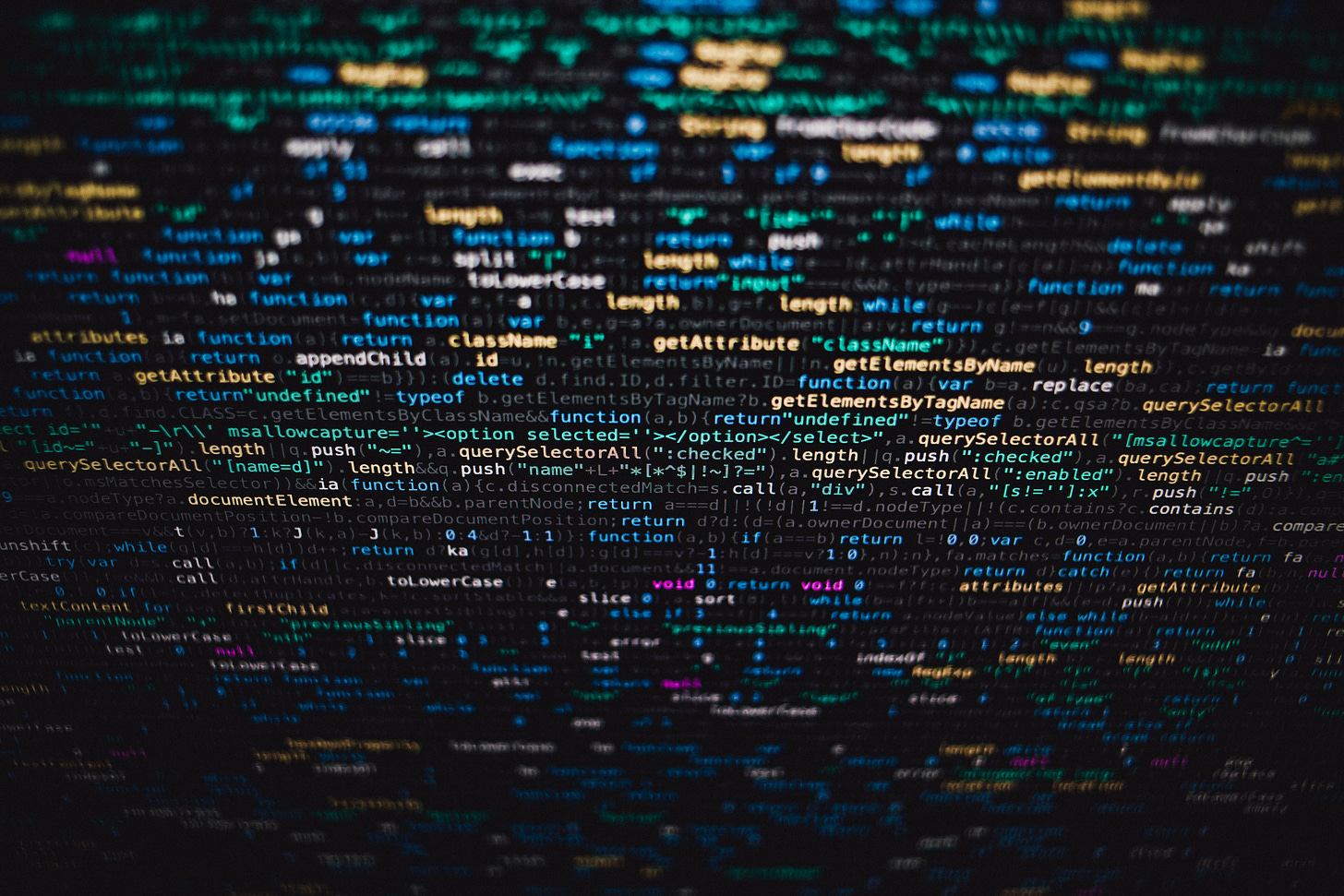Every time you wake up in the morning, scroll through social media, brush your teeth, and make breakfast, your body follows an algorithm: a step-by-step procedure used to solve a problem. In the context of computer science, algorithms are pieces of code that tell computers how to perform a specific task. As technology becomes more and more powerful, these algorithms also become increasingly prevalent in our daily lives, determining everything from the people we interact with to the content we consume.
For example, it’s easy to get lost in the depths of Instagram, scrolling mindlessly for hours until you look up and realize an entire day has passed. This, in part, is due to Instagram’s incredible algorithm. When deciding what content to prioritize, the app considers a variety of factors such as your past engagements, the people you’re friends with, and even the time a photo was posted. Whenever you open the app and start liking, commenting, and messaging, Instagram collects and stores the data to determine what posts you’ll be most interested in. Since the algorithm is powered by machine learning, it constantly changes based on the new behavioral trends detected every second. Back when Instagram displayed posts in reverse chronological order, users missed 50 percent of their friends’ posts. After the algorithm was implemented in 2016, users now see 90% of their friends’ posts in their feeds.
This type of algorithm exists on all sorts of apps and websites we use daily: Google, Amazon, YouTube, Netflix, and more. As such, algorithms have the potential to alter the entire course of our lives by influencing what we learn, buy, and watch.
With so much personal data stored by these platforms, algorithms can have dangerous consequences. As Hannah Fry, a mathematician at University College London, said in an interview with Vox, “every social media platform, every algorithm that becomes part of our lives, is part of this massive unfolding social experiment. Billions of people around the world are interacting with these technologies, which is why the tiniest changes can have such a gigantic impact on all of humanity.”
Experts argue that the government needs to establish more laws or even an entire agency to regulate algorithms; currently, there is little preventing companies from exploiting users by selling data to advertisers. Without heavier regulation, algorithms can easily violate the privacy of billions of people.
Beyond the internet, algorithms can help make decisions within courtrooms, hospitals, and schools, and will almost certainly spread to other places in the future. However, like algorithms used by social networks and websites, the consequences of these algorithms aren’t always positive.
In 2009, a school district in Washington D.C. employed an algorithmic system whereby teachers were assessed and ranked. At the end of the year, the bottom 2 percent of teachers were fired. Despite praise from students, teachers, and administrators, Sarah Wysocki, an extremely popular teacher in the district, was let go.
This was because the algorithm in question assessed teachers by comparing standardized test scores from one year to the previous year’s. In fear of being terminated, other teachers had inflated their students’ scores so that they appeared to have improved more than they actually did. Wysocki’s students’ scores from the previous year were artificially high, so when compared to their new scores, it seemed as if Wysocki’s students hadn’t learned much from her.
In this case, the algorithm’s use of poor data and logic had an incredibly detrimental impact on someone’s life. After all, algorithms are created by humans, and humans are prone to bias and error. That being said, algorithms also have the potential to revolutionize various industries and benefit people all over the world.
So are algorithms good or bad? There’s no clear-cut answer; only time will tell if they have a net benefit on society. The first step to minimizing the possibility of algorithms doing harm is to understand their potential applications and implications.
Bibliography
Data Structures and Algorithms in Everyday Life
https://www.programiz.com/blog/dsa-in-everyday-life/
How algorithms are controlling your life
https://www.vox.com/technology/2018/10/1/17882340/how-algorithms-control-your-life-hannah-fry
This is How The Instagram Algorithm Works in 2020
https://later.com/blog/how-instagram-algorithm-works/#timeliness
How Instagram’s algorithm works
https://techcrunch.com/2018/06/01/how-instagram-feed-works/
Managing The Ethics Of Algorithms
Image credit
Markus Spiske

